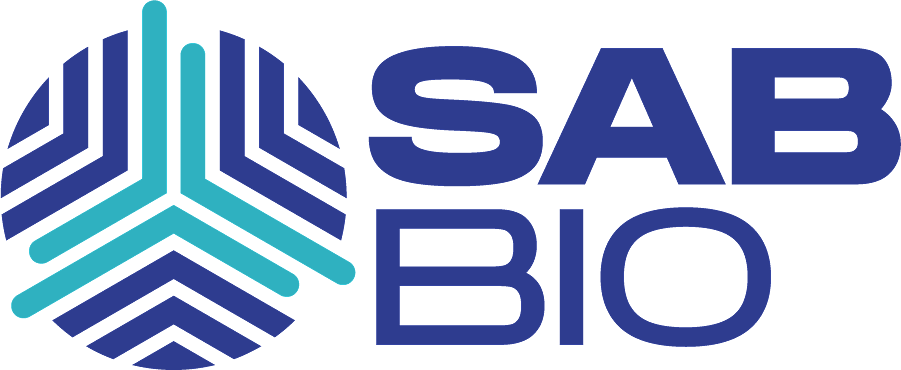
SAB Biotherapeutics' Novel Immunotherapy Shows Promise in Type 1 Diabetes Battle
Data from Phase 1 trials suggest SAB-142 could offer a new approach to treating Type 1 Diabetes, potentially preserving insulin-producing cells without prolonged immunosuppression. The company is now advancing into a pivotal Phase 2b trial.
SAB Biotherapeutics' Novel Immunotherapy Shows Promise in Type 1 Diabetes Battle
NEW YORK, NY – November 13, 2025
A Potential Game-Changer for Type 1 Diabetes?
SAB Biotherapeutics (SABS) is making significant strides in the fight against Type 1 Diabetes (T1D) with its lead candidate, SAB-142, a novel human anti-thymocyte immunoglobulin (hATG). The company recently announced positive Phase 1 data and the initiation of a registrational Phase 2b trial, known as SAFEGUARD, offering a glimmer of hope for the millions living with this autoimmune condition. While current treatments focus on managing blood glucose levels through insulin therapy, SAB-142 aims to address the underlying cause – the immune system's attack on insulin-producing beta cells – potentially preserving beta cell function and delaying disease progression.
“The current landscape for T1D is evolving, with a growing recognition that disease modification is possible,” noted one independent expert in autoimmune diseases. “SAB-142’s approach, leveraging a humanized antibody with a potentially improved safety profile, is attracting significant attention.”
Decoding SAB-142: A Novel Approach to Immunotherapy
SAB-142 distinguishes itself from traditional immunotherapies through its unique mechanism of action and design. Unlike rabbit ATG (rATG), which can cause prolonged lymphodepletion, SAB-142 is engineered to provide targeted immunomodulation without sustained suppression of the immune system. This nuanced approach aims to rebalance the immune response, protecting beta cells while minimizing the risks associated with broad immunosuppression.
“The key is to modulate, not obliterate, the immune system,” explained another source familiar with the research. “Prolonged immunosuppression comes with significant side effects, making it difficult for patients to maintain long-term treatment. SAB-142 seems to strike a better balance, based on the Phase 1 data.”
Recent presentations at the European Association for the Study of Diabetes (EASD) and the International Society for Pediatric and Adolescent Diabetes (ISPAD) conferences showcased compelling Phase 1 results. Data revealed that SAB-142 effectively modulated the immune response without causing prolonged lymphodepletion, and crucially, it was well-tolerated by participants. The company highlights that the antibody’s multi-specific design contributes to its targeted action and improved safety profile.
Financial Stability Fuels Pivotal Trial
Advancing a drug candidate through clinical trials is a costly endeavor, and SAB Biotherapeutics appears well-positioned to navigate the financial challenges. The company reported a robust cash position of $161.5 million as of September 30, 2025, providing an operational runway through 2028. This financial stability is crucial for the successful completion of the Phase 2b SAFEGUARD trial, which will enroll patients with new-onset Stage 3 T1D.
While a substantial portion of the recent positive net income ($45.4 million for Q3 2025) stemmed from fair value changes in warrant liabilities – a non-cash accounting adjustment – the company’s ability to raise capital and manage expenses demonstrates a solid financial foundation. Analysts note that the current cash reserves provide a comfortable buffer for the planned clinical development activities. However, the company does not currently generate revenue and relies on financing to sustain operations.
Competition in the T1D treatment space is intensifying. Vertex Pharmaceuticals is leading the charge with cell-based therapies aimed at replacing damaged beta cells, while Sanofi (following its acquisition of Provention Bio) has brought teplizumab, a disease-modifying therapy, to market. SAB Biotherapeutics believes that SAB-142’s unique mechanism of action and potentially improved safety profile will differentiate it in this competitive landscape. The company expects initial data from the Phase 2b trial in late 2027 or early 2028.
The SAFEGUARD trial is now actively recruiting patients in the US, Australia and New Zealand. The study aims to evaluate the efficacy and safety of SAB-142 in slowing disease progression and preserving beta cell function. Positive results from this trial would pave the way for a potential Biologics License Application (BLA) with the Food and Drug Administration (FDA), bringing a new treatment option closer to reality for those living with Type 1 Diabetes.
